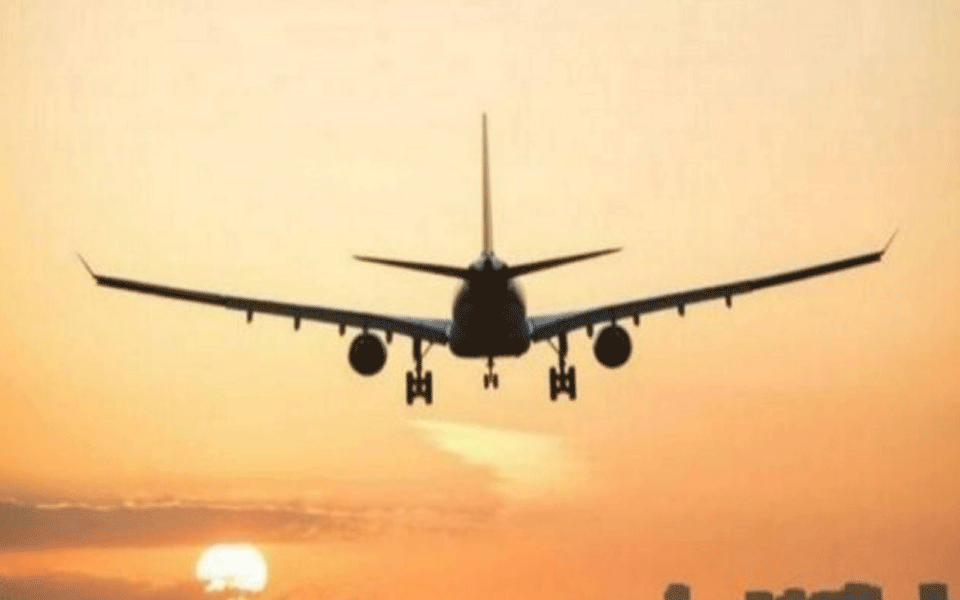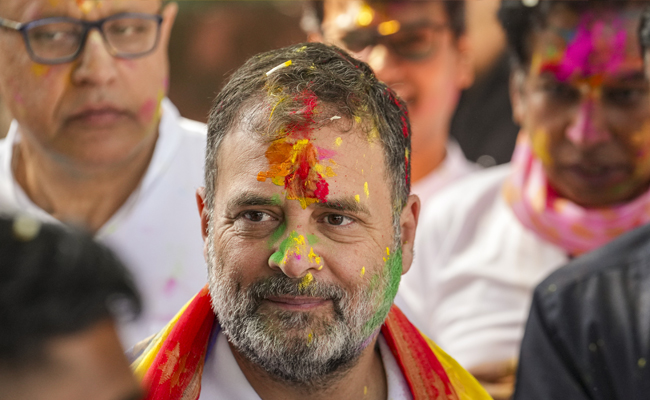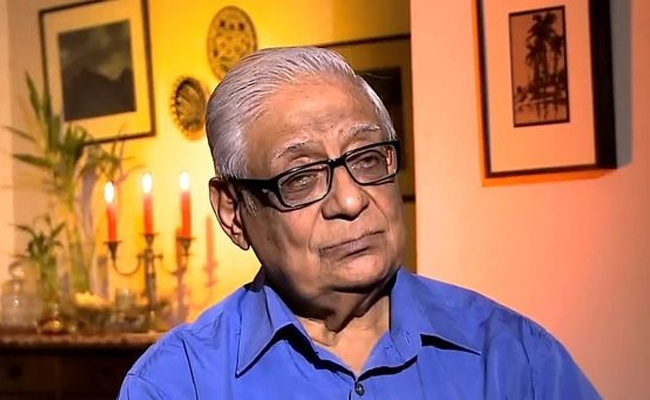New Delhi, Jul 16: Normal air traffic operations between India and Pakistan resumed Tuesday with Islamabad opening its airspace for all civilian flights, nearly four-and-half months after shutting it down following the Balakot air strikes, government sources told PTI.
Pakistan's Civil Aviation Authority issued a notice to airmen (NOTAM) at 12.41 am (IST), stating that the country's airspace has been opened with immediate effect for all types of civil traffic on "published ATS (air traffic service) routes".
Following Pakistan's move, India also issued a "revised NOTAM", announcing that normal air traffic operations have resumed between the two countries.
"Consequent to Pakistan issuing NOTAM to lift all airspace restrictions, relevant authorities have informed that India has also issued revised NOTAM immediately thereafter. With this, normal air traffic operations have resumed through all Flight Information Regions between India and Pakistan," a government source said.
The move is expected to give major relief to Air India, which suffered a financial loss of around Rs 491 crore as it had to re-route various international flights due to the closure of Pakistan airspace.
"Pakistan has permitted all airlines to fly through its airspace from around 12.41 am today. Indian airline operators will start using normal routes through Pakistan airspace soon," the sources said.
Pakistan fully closed its airspace on February 26 after the Indian Air Force (IAF) struck a Jaish-e-Mohammed (JeM) terrorist training camp in Balakot in retaliation for the Pulwama attack on February 14. The neighbouring country only opened two of 11 routes after that, both passing through the southern region.
On its part, the IAF announced on May 31 that all temporary restrictions imposed on Indian airspace post the Balakot strike had been removed. However, this did not benefit most commercial airliners and they were waiting for Pakistan to fully open its airspace.
While the national carrier lost Rs 491 crore till July 2 due to the closure of the Pakistan airspace, private airlines SpiceJet, IndiGo and GoAir lost Rs 30.73 crore, Rs 25.1 crore and Rs 2.1 crore, respectively, according to data presented by Civil Aviation Minister Hardeep Singh Puri in the Rajya Sabha on July 3.
Following the air strike, Air India had to re-route, merge or suspend many of its international flights that connect India with European and US cities.
IndiGo, India's largest airline by domestic market share, was unable to start direct flights from Delhi to Istanbul due to the closure of the Pakistan airspace.
The low-cost carrier started flying the Delhi-Istanbul route in March. It had to take the longer route over the Arabian Sea and make a stop at Doha in Qatar for refuelling.
Pakistan Aviation Secretary Shahrukh Nusrat had earlier informed a parliamentary panel that Pakistan would not move the ban until India removed its jets from forward bases.
Let the Truth be known. If you read VB and like VB, please be a VB Supporter and Help us deliver the Truth to one and all.
Mumbai (PTI): NCP (SP) MLA Rohit Pawar on Wednesday alleged that someone was trying to save VSR Ventures in connection with the plane crash that killed Maharashtra deputy chief minister Ajit Pawar, and claimed that the AAIB preliminary probe vindicated the doubts earlier raised by him.
He also accused VSR company of indulging in several grave lapses in the past.
The Learjet 45 aircraft, operated by VSR Ventures, crashed near the Baramati air strip in Pune district on January 28, killing Pawar and four others.
In its 22-page preliminary report on the VSR Venture's Learjet plane crash, the Aircraft Accident Investigation Bureau (AAIB) said the visibility at the time of the crash was below the required level. It also flagged about fading marks on the runway and presence of loose gravels on the runway surface.
Pawar said, "I am not against VSR or the Directorate General of Civil Aviation (DGCA). Ajitdada was travelling in a VSR aircraft. Unless we go into the depth of every aspect, we will not know the truth. But someone is trying to save this company. The doubts we had raised have been proven correct in the inquiry report."
He also claimed that the AAIB report contained discrepancies, including mentioning Baramati as a district, and questioned how seriously the probe had been conducted.
Pawar, who has been regularly holding press conferences to raise issues concerning the Baramati plane crash, also contested the report's conclusion that the aircraft hit trees before crashing.
"The report says the aircraft struck trees and then fell. But there are no trees at that spot. There is only a small bush which the aircraft did not even touch. What is stated in the report about hitting trees is incorrect," he said.
Pawar further alleged that VSR Ventures had displayed irresponsibility on multiple occasions, citing an incident involving the then chief minister Eknath Shinde's Davos visit on January 20, 2023.
He claimed that the aircraft carrying Shinde had entered Iranian and Iraqi airspace without overflight permission, following which fighter jets from the two countries allegedly warned of action, forcing a change in route from Bahrain to Zurich.
"There have been several such grave lapses by VSR," he said.
Pawar demanded to know from where VSR Ventures derived its "audacity", and sought details about its investors and officials, though he added that he was not personally concerned with who they were.
Drawing a comparison, he said the Central Bureau of Investigation (CBI) had taken over the probe into actor Sushant Singh Rajput's death within two days, whereas a month had passed since the Baramati crash without a similar action.
He claimed that VSR Ventures had two directors and three shareholders, and that there were eight common names across two related companies.
He further alleged that the owner of VSR was related to the Union Civil Aviation Minister and questioned why the company, though registered in Delhi, had made high-value investments in Jubilee Hills (upscale area in Hyderabad) at rates allegedly Rs 17 crore above the market price.
The MLA representing the Karjat-Jamkhed assembly constituency in Ahilyanagar district also raised concerns about the legal and institutional framework of the AAIB under the 2017 rules, claiming it was neither a statutory nor an autonomous body and remained answerable to the secretary and the minister, besides being attached to the DGCA.
"There is no independent investigative agency," he alleged.





